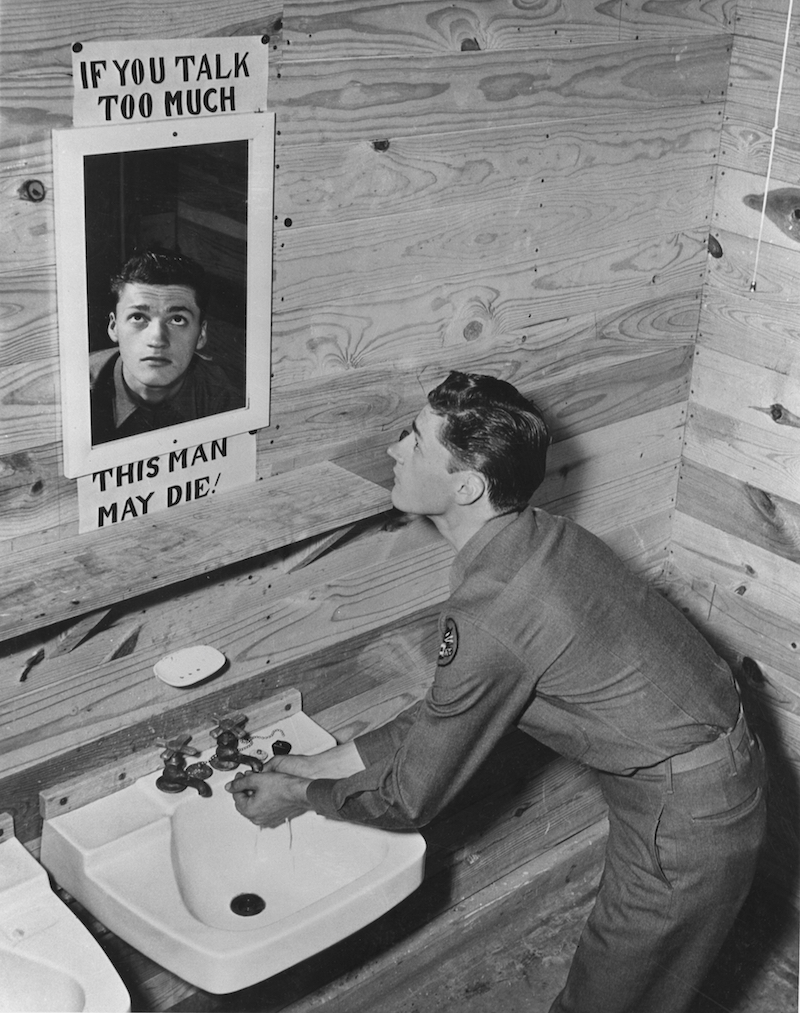First Person
William Coleman
 My daughter has been reading each night from The Meditations, the journal Marcus Aurelius kept as he commanded the largest army the Roman empire had ever assembled on its frontier. For a decade, he wrote with disciplined regularity as battles raged and as the plague that would one day bear his family name, The Antonine, destroyed the lives of citizens and barbarians alike—2,000 each day at the height of the epidemic. By 180 A.D., five million people had been killed, including Aurelius himself.
My daughter has been reading each night from The Meditations, the journal Marcus Aurelius kept as he commanded the largest army the Roman empire had ever assembled on its frontier. For a decade, he wrote with disciplined regularity as battles raged and as the plague that would one day bear his family name, The Antonine, destroyed the lives of citizens and barbarians alike—2,000 each day at the height of the epidemic. By 180 A.D., five million people had been killed, including Aurelius himself.
Aurelius’ work was spiritual exercise, a received way for the Emperor to accord his thoughts and actions with forces larger than himself, a method of allowing the abstractions of stoic philosophy to enter his consciousness so deeply that they could “dye his soul” such that his decisions and subsequent actions could move in natural sympathy with virtue. He sought to view the hardships of his days with the eyes of eternity: all is vanity, dust returning to dust.
At the same time that Madeleine reads Aurelius, I have been reading Going Clear, Lawrence Wright’s unsettling study of L. Ron Hubbard’s mind—and of the enduring paranoia that was engendered there. The book includes excerpts from The Affirmations, a diary Hubbard kept before he hit upon Dianetics and the larger system he called Scientology. The entries of this journal “constitute a kind of self-therapy,” Scientology lawyers once admitted in the course of a civil suit, before they began denying Hubbard’s authorship of the documents altogether.
And so, as Madeleine reads, “Reverence that which is best in the universe, and this is that which makes use of all things and directs all things”; “Think of the universal substance, of which thou hast a very small portion”; “Do not be carried along inconsiderately by the appearance of things"; and "Be not ashamed to be helped," I learn:
"Material things are yours for the asking. Men are your slaves"; and "You have no fear if they conceive. What if they do? You do not care. Pour it into them and let fate decide"; and "Your psychology is advanced and true and wonderful. It hypnotizes people. It predicts their emotions, for you are their ruler."
What we tell ourselves has consequences, particularly in times of dire need. What we say, though, is shaped by the perspective to which we are able to appeal when coming to terms. Aurelius had the luxury of knowing, and being able to practice within, a rich, rigorous tradition that emphasized humility; Hubbard—rootless, image-conscious, desperate for fame in twentieth-century America—could seek only the glorification of the self.
What researchers term self-talk is a powerful practice, one that demonstrably increases our willpower and motivation, much more so than does talking to ourselves (in our minds or on our pages) in first-person.
But who is it that is talking to us? Who is the first person in our second-person address: a godlike version of ourselves, come to bless our desires, or figures from a tradition that emerged long before us, come to temper the self, orient it toward others and toward eternal concerns?